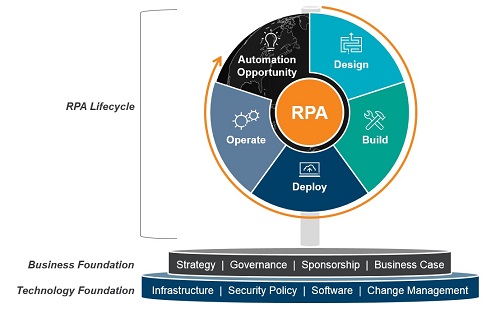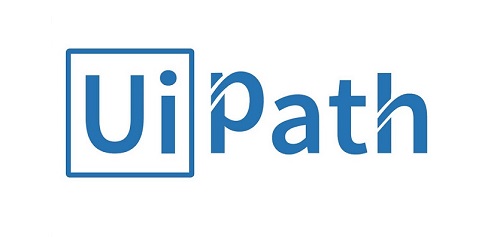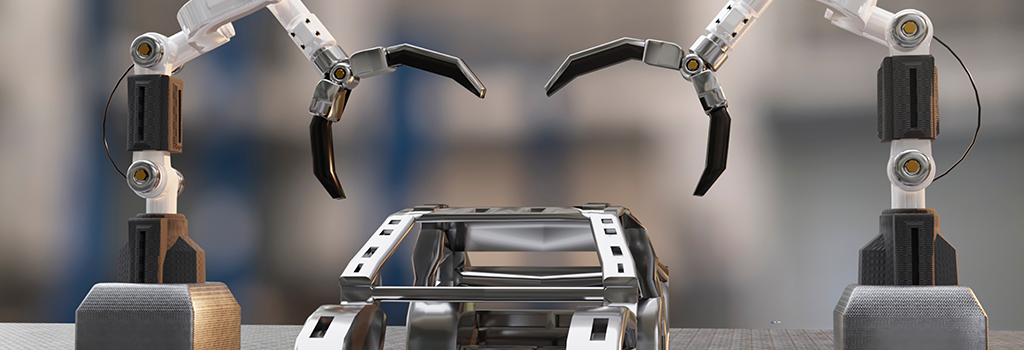RPA
Business tools and applications are growing at a fast rate, and it is becoming more and more difficult to capture and interpret all the disparate data streams. While a digital system may not be hard to manage on an individual basis, technological growth has forced organisations to confront the issue of how to manage and direct multiple systems toward a unified business objective. Organisations are now turning to robotic process automation (RPA) as the preferred workflow automation tool.
Successfully implementing RPA requires a deep understanding of existing business processes and their suitability for automation. While building a sustainable foundation for RPA is critical when planning for long-term success, understanding an organisation’s long-term goals should dictate which RPA solution or platform is best suited. In addition, involving IT and functional leadership in the planning stages will ensure that governance and infrastructure issues are addressed and help determine if development and maintenance capabilities will be in-house, outsourced, or a combination of both.
One of the most common reasons for implementation failure is due to a lack of user adoption. Protiviti can help organisations implement an effective RPA program and assist with user adoption. Strategies include communicating transparency in RPA strategy (e.g. increased focus on value added actives) as well as ensuring that adoption goes beyond the end user and incorporates IT as well. IT plays a critical role in a successful deployment, and Protiviti will work with the organisation to successfully implement RPA programs.
A straightforward approach to robotic process automation

Our RPA expertise




